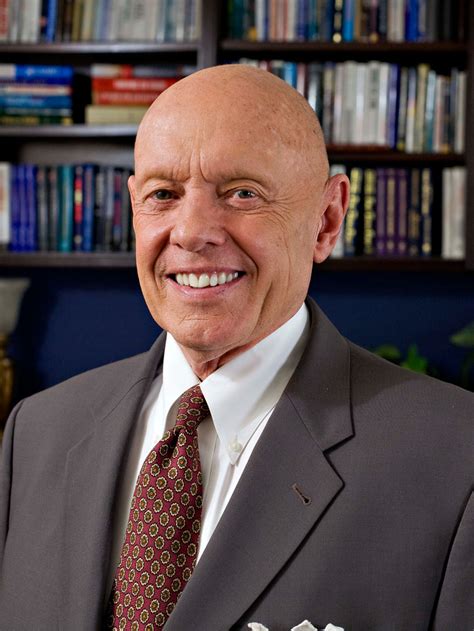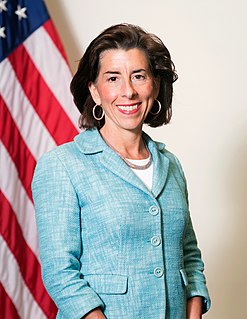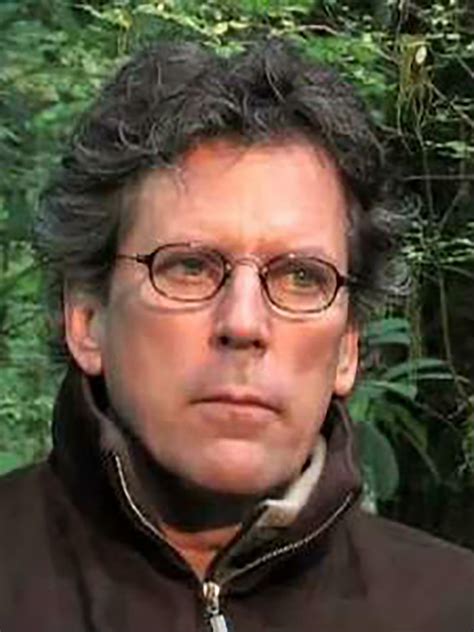A Quote by George Bernard Shaw
An Englishman does everything on principle: he fights you on patriotic principles; he robs you on business principles; he enslaves you on imperial principles.
Quote Topics
Related Quotes
There is nothing so bad or so good that you will not find Englishmen doing it; but you will never find an Englishman in the wrong. He does everything on principle. He fights you on patriotic principles; he robs you on business principles; he enslaves you on imperial principles; he bullies you on manly principles; he supports his king on loyal principles and cuts off his king's head on republican principles.
There are certain basic principles regarding the proper role of government. If principles are correct, then they can be applied to any specific proposal with confidence... The true statesman values principle above popularity, and works to create popularity for those political principles which are wise and just.
Honesty is a principle. Service is a principle. Love is a principle. Hard work is a principle. Respect, gratitude, moderation, fairness, integrity, loyalty, and responsibility are principles. There are dozens and dozens more. They are not hard to identify. Just as a compass always points to true north, your heart will recognize true principles.
Our allegiance is to the principles always, and not to the persons. Persons are but the embodiments, the illustrations of the principles. If the principles are there, the persons will come by the thousands and millions. If the principle is safe, persons like Buddha will be born by the hundreds and thousands. But if the principle is lost and forgotten and the whole of national life tries to cling round a so-called historical person, woe unto that religion, danger unto that religion!
Principles always have natural consequences attached to them. There are positive consequences when we live in harmony with the principles. There are negative consequences when we ignore them. But because these principles apply to everyone, whether or not they are aware, this limitation is universal. And the more we know of correct principles, the greater is our personal freedom to act wisely.
What can be accomplished by a few principles is not effected by many. But it seems that everything we see in the world can be accounted for by other principles, supposing God did not exist. For all natural things can be reduced to one principle, which is nature, and all voluntary things can be reduced to one principle, which is human reason, or will. Therefore there is no need to suppose God's existence.
Sometimes we forge our own principles and sometimes we accept others' principles, or holistic packages of principles, such as religion and legal systems. While it isn't necessarily a bad thing to use others' principles - it's difficult to come up with your own, and often much wisdom has gone into those already created - adopting pre-packaged principles without much thought exposes you to the risk of inconsistency with your true values.






































